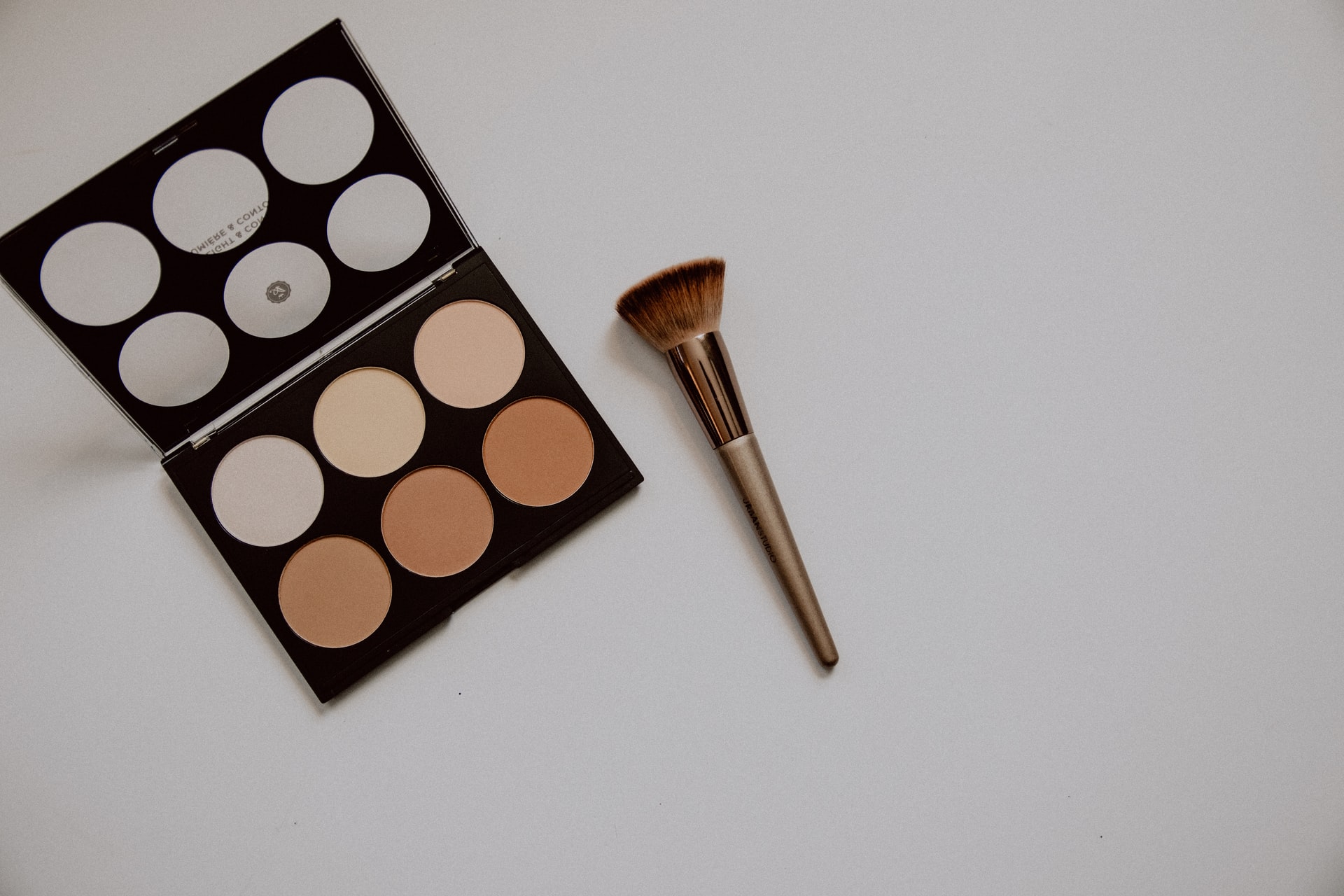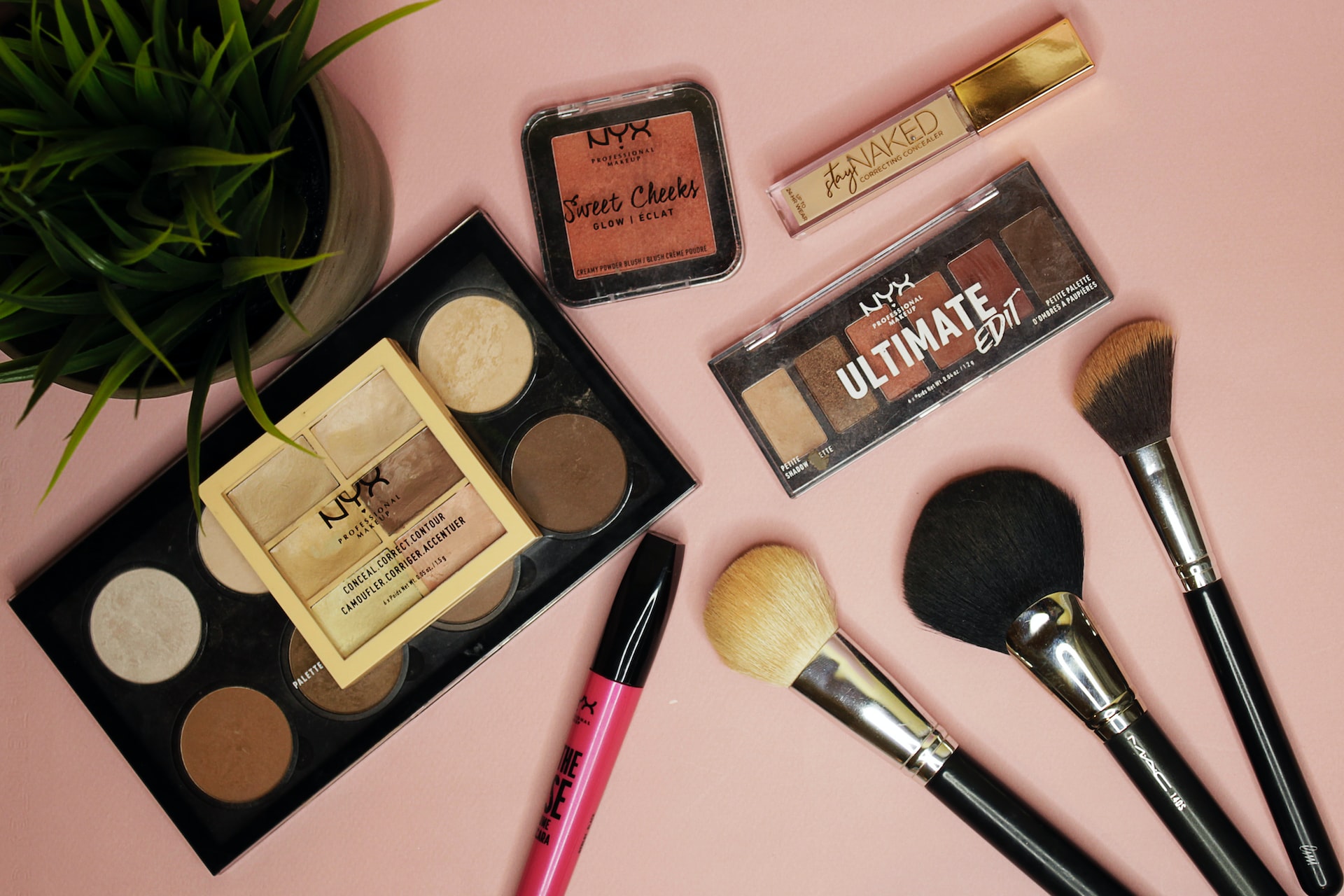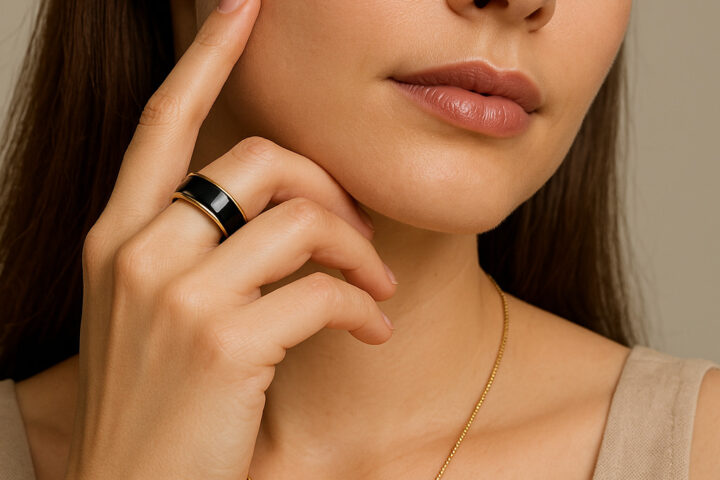Millions of animals around the world are used in experiments each year. The vast majority of these animals are used in tests for cosmetics and other household products. It’s hard to believe, but even products that we use every day like shampoo, toothpaste, and deodorant can be tested on animals. Cruelty-free products are those that have not been tested on animals at any point in their production. There are many reasons why you should avoid purchasing products that have been tested on animals. In this blog post, we will explore some of the negative effects of animal testing and discuss how to make more mindful purchases in the future.
Why is animal testing used for products in the first place?
The main reason that animal testing is used for cosmetics and other household products is for safety and liability reasons. Cosmetics companies want to ensure that their products are safe for human use and will not cause any harm to the consumer. Animal testing is one of the ways that companies can assess the safety of a product.
Alternatives to animal testing are available but they are often more expensive and take longer to complete. Alternatives to animal testing can get technical such as cell culture tests, computer-generated testing, and in-vitro techniques to name a few.
Another important thing to note is that many experts agree, testing on animals is not only cruel but unnecessary. There is already so much info about commonly used ingredients in cosmetics that testing is no longer required to determine if it’s safe or not.
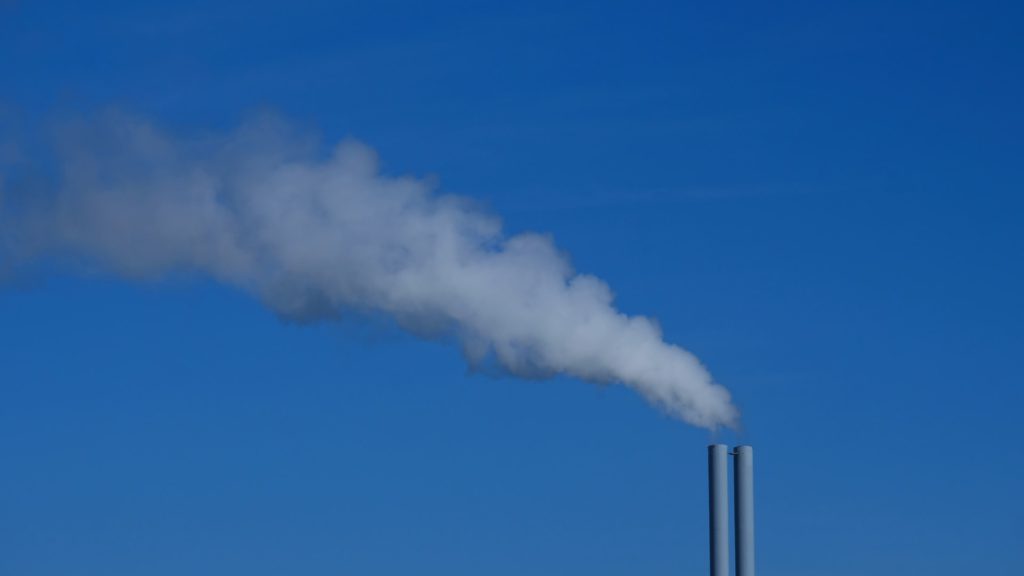
How does animal testing affect the environment?
Animal testing for cosmetics is one of the leading causes of animal cruelty, and it’s also one of the most environmentally damaging things that occurs in the cosmetic industry.
Cosmetic animal testing is one of the most polluting industries on earth. According to the Humane Society International, it takes up to 500 animals to test a single product and this process often results in cruelty that can last for years.
This is not only incredibly sad to think about for the animals, it’s terrifying to consider the environmental implications of that. Animal testing results in the routine disposal of hazardous waste including needles, syringes, fuel, in addition to the pollutants released from incineration.
Are there other negative effects of animal testing?
Aside from being cruel and destructive to animals, cosmetic animal testing has also been linked to a number of human health concerns.
One study found that humans working in labs where animals were being tested for cosmetics experienced a higher incidence of skin problems, such as dermatitis, and respiratory issues.
In addition to a plethora of public health issues, the results of these tests are not always reliable.
Alternatives to animal testing exist that are cruelty-free and more accurate, so there really is no reason to continue this barbaric practice.
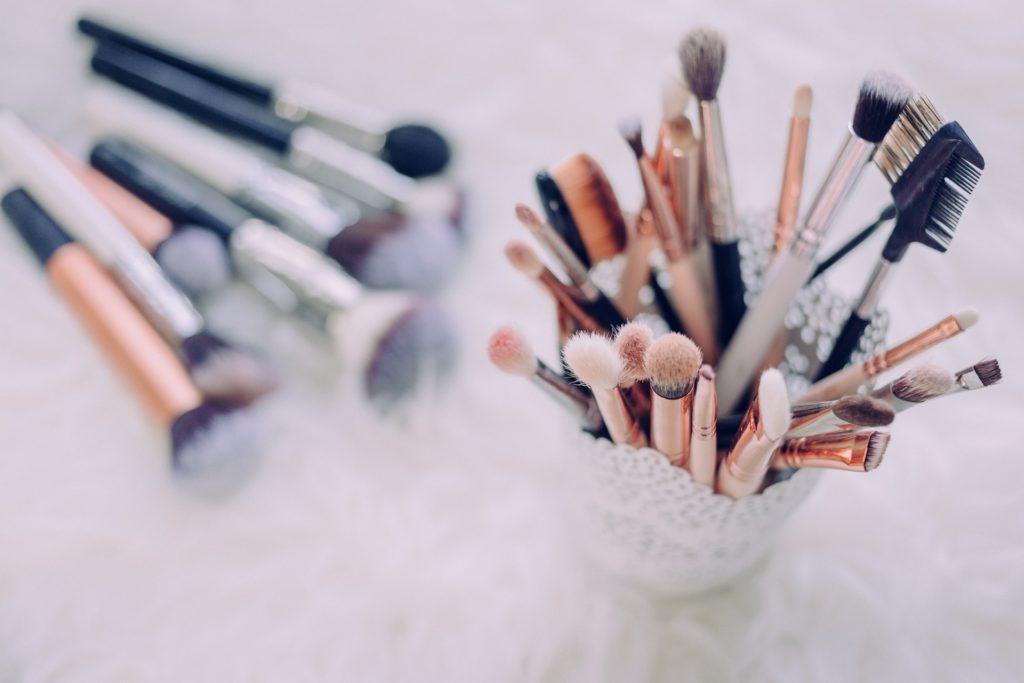
How can you make more sustainable and ethical choices when choosing which products to use?
Cruelty-free
One way that people can make more sustainable choices when it comes to cosmetics is by looking for cruelty-free products. A cruelty-free product is one that has not been tested on animals at any stage of production. Most brands who refrain from animal testing will advertise as so. Many such products contain a certification called Leaping Bunny that allows them to advertise as “not tested on animals”. This is usually placed on their packaging with a seal of a bunny and “not tested on animals” underneath.
Vegan
Vegan products are also often labeled as such on the packaging itself or on the brand’s website. Vegan products include cosmetics and household products that have not been tested on animals, as well as avoiding ingredients derived from animals, such as honey or beeswax.
Organic
Organic or natural products can be cruelty-free, but not all cruelty-free products are organic. Organic certification verifies that 95-100% of the ingredients in a product are natural and have been grown without synthetic pesticides or fertilizers.
Ingredients
When looking for cruelty-free cosmetics, it’s important to look at the ingredient list as well. Many common cosmetic ingredients can be harmful to the environment as well as toxic to the consumer. Choose hair products from brands that are transparent about their practices as well as their ingredients.
Making more sustainable and ethical choices takes practice, but it’s important to remember that every little bit counts and that we all have to start somewhere. If you’re looking for other ways to be a mindful consumer check out our article on, making online shopping more environmentally friendly or learn about the most ethical fabrics to look out for.
Author Bio
Frankie is the personality behind Popsicle Stand, a lifestyle publication with everything from vibrant city tours to style inspiration and more. She is personally always trying to make more sustainable purchases and make her travel footprint as small as possible.


